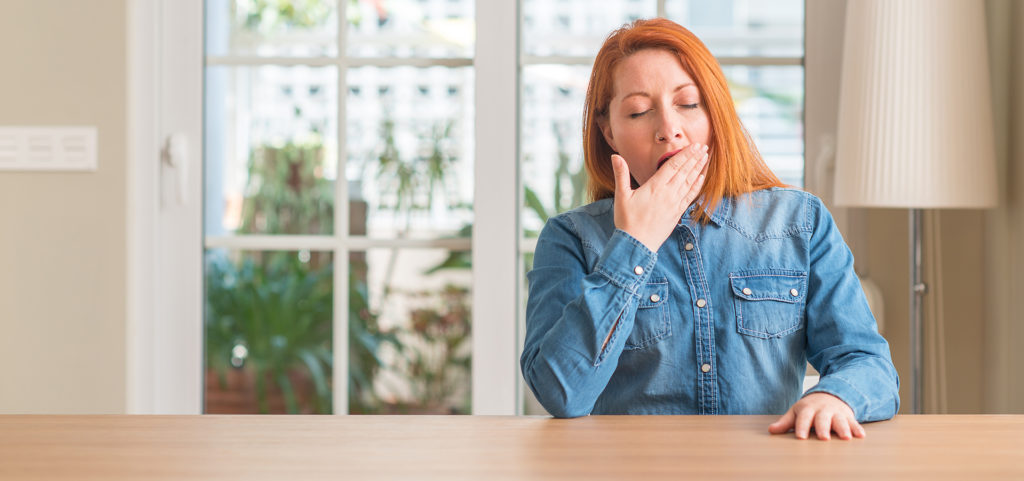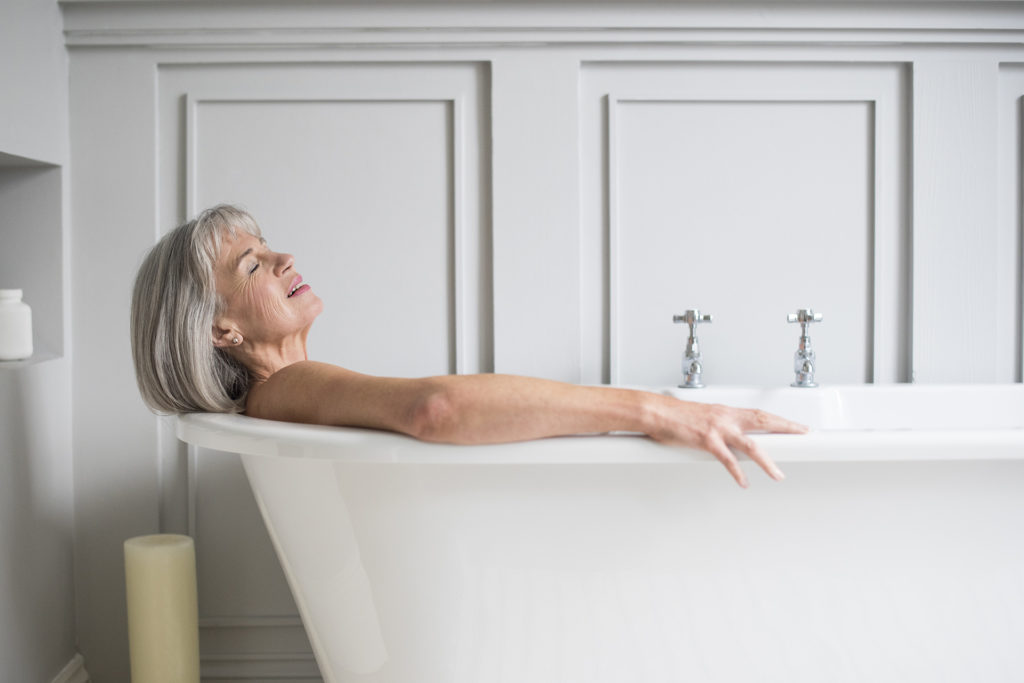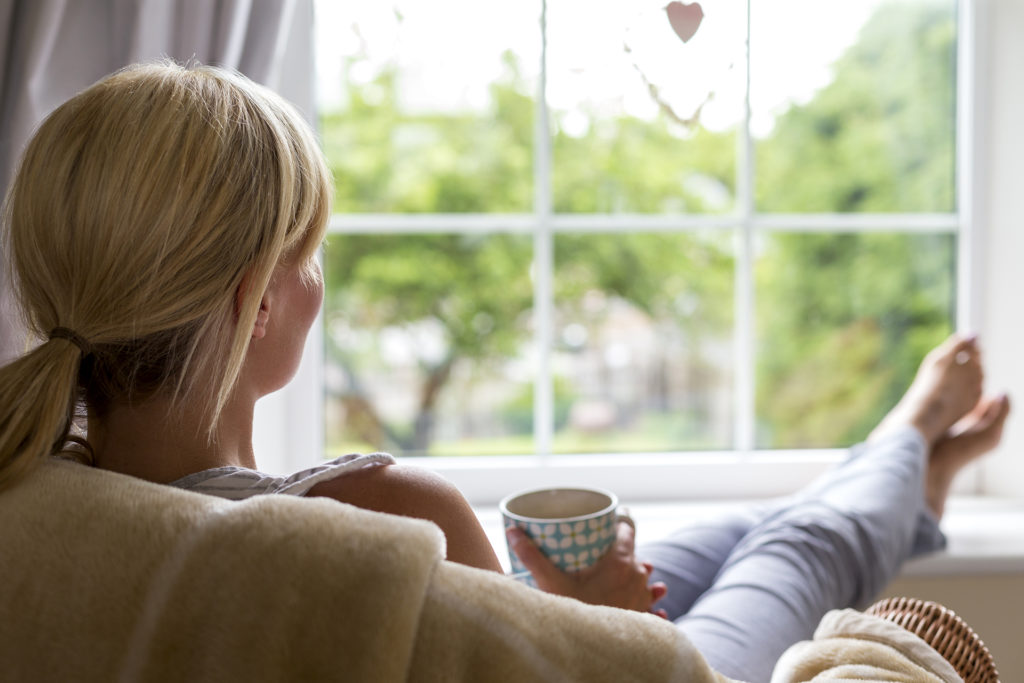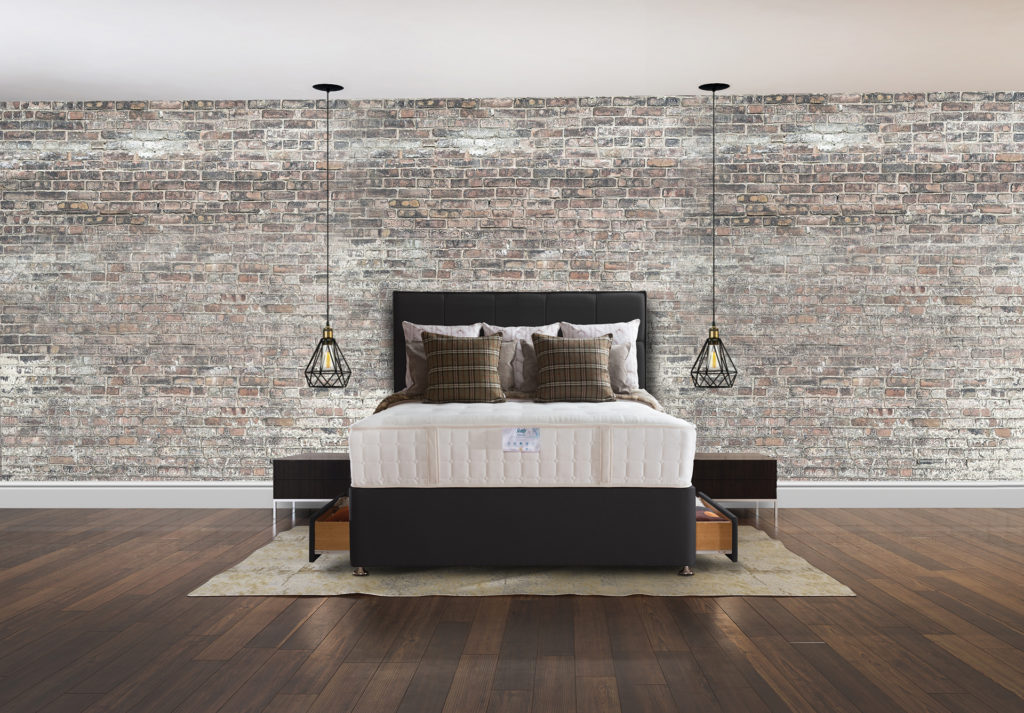How To Relieve Anxiety And Sleep Better
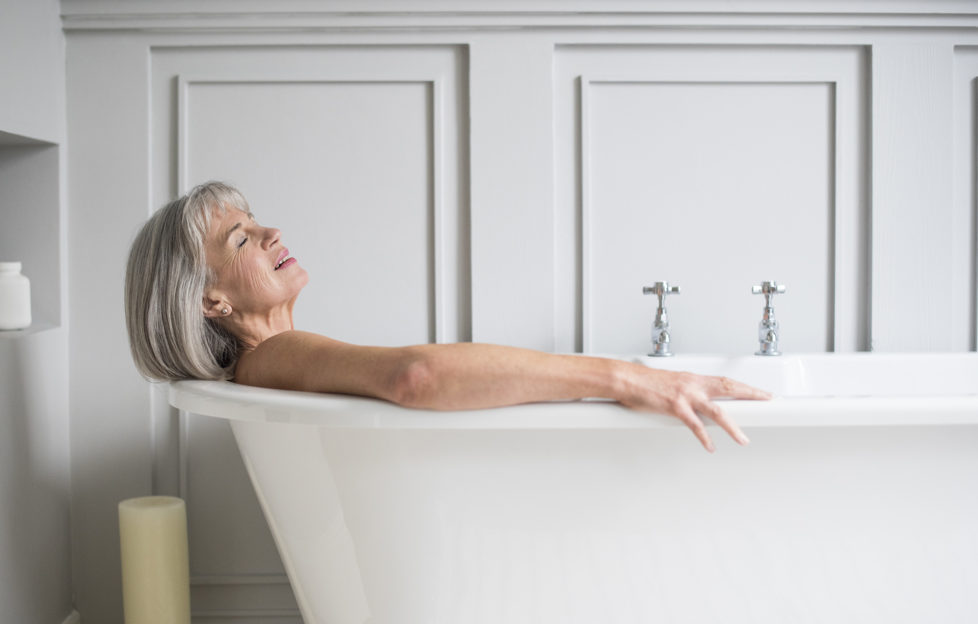
By Dr Sarah Jarvis
Stress and sleep are sworn enemies. Lack of sleep can lead to a lack of focus in work and home life, having a negative effect on our mental health and increasing the likelihood of feeling anxious and stressed. In turn, anxiety and stress can result in restless and sleepless nights.
As National Stress Awareness Month nears its end this April, it’s important to recognise when stress is beginning to have a negative effect on your sleep and have a few tricks to fall back on to help you get a more restful night. To help, Sealy UK, the world’s number one bed brand, has teamed up with Dr Sarah Jarvis to give their top tips on how to relieve everyday anxieties and sleep better at night.
Learn the art of list writing
“For many of us leading busy and hectic lives, we often get to the end of the day and find our minds are still racing full of thoughts. Whether you’re going through a particularly busy period at work or have a lot going on personally, it can take a lot of effort for your brain to switch off at night,” Dr Sarah Jarvis says.
“Try to ease the load on your mind by jotting down your worries ahead of bed time. Make a conscious effort to ‘put them to bed’ once you’ve written them down. By making to-do lists or logging your thoughts in good time, by the time your head hits the pillow you’ll find that many of your worries can be forgotten about until tomorrow.”
Exercise – but not right before bed
Dr Sarah Jarvis continues: “Exercise has long been used as a way to relieve stress. Working out releases endorphins into the body which are proven to boost mood and help to let go of stress, but it’s important to ensure you’re exercising at the right time for it to be beneficial to your sleeping pattern.
“It’s been found that those who do a cardio workout at 7am sleep longer, fall into deeper sleep cycles, and spend 75% more time in reparative slumber than those who work out later in the day. Cardio workouts also elevate the body’s temperature, so I’d recommend exercising at least 3 hours before bedtime in order to avoid a disrupted sleep schedule.”
Indulge in a warm bath
Neil Robinson, Chief Sleep Officer at Sealy UK, explains: “Taking a warm bath just before bedtime is incredibly relaxing and helps to release tension and calm the mind – particularly if you invest in bath products with ingredients that can help to promote sleep, such as lavender.
“Not only this, but having a bath before bed can actually help to promote sleep and induce tiredness: the drop in body temperature immediately after you’ve got out of the bath mimics the body’s natural decrease in temperature as it prepares itself for sleep, inducing feelings of sleepiness.”
Breathe deeply
“Forms of mediation have been proven to help relax the body and mind, providing the perfect way to relax after a busy or stressful day. One of the easiest ways to bring meditation into your bedtime routine is to practise deep breathing, and there are now plenty of apps on the market to help you with this,” Neil adds.
“A few rounds of slowly inhaling and exhaling will help to calm your nervous system, lower your heart rate so that it is more in line with a resting heart rate, and ultimately lead to you feeling far more relaxed ahead of your bedtime.”
Alcohol is not the answer
Dr Sarah Jarvis explains: “It can be tempting to have a drink or two to ‘unwind’ before bed, especially if you’re feeling stressed. But while alcohol may help you get off to sleep, it can lead to disrupted sleep.
“It also reduces your amount of REM (rapid eye movement) sleep, which is thought to be particularly restorative. You’re also more likely to experience rebound anxiety the next morning, and in the longer term alcohol is closely linked with depression.”
Create a haven in the bedroom
“It’s equally as important to ensure you have a comfortable healthy sleeping environment to promote deep and restful sleep – the last thing you need at the end of a long day is to be worrying about tossing and turning on an uncomfortable mattress or pillows,” Neil says.
“Make your bed a place you enjoy spending time in, rather than dread, by investing in a high-quality mattress that’s right for you, new pillows and breathable cotton sheets. And it’s equally as important to create a healthy sleeping environment by banning distracting technology from the bedroom too – late night scrolling through social media will un-do all of your hard work and can even induce more worries, so steer clear!”


